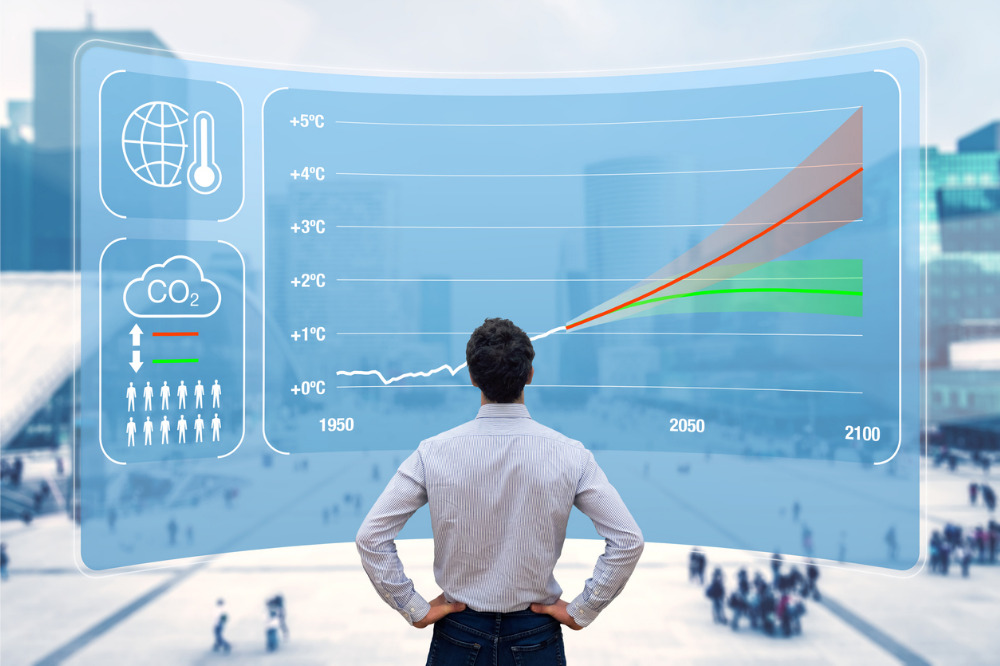[ad_1]
New analysis from Commonwealth Financial institution economists has predicted that the worldwide push for elevated transparency on local weather points and improved emissions accounting will open the door to extra company commitments and initiatives on local weather change.
In response to the brand new CBA economics report, current years have seen a marked enhance in demand for climate-related data from world traders, in addition to a push from sure worldwide regulators to mandate company reporting on climate-related dangers.
One rising world normal that has gained large assist from the personal sector was the Job Drive on Local weather Associated Monetary Disclosures (TCFD) framework. As of October, greater than 2,600 organisations globally supported the framework.
In 2020, a report 80 ASX200 firms adopted the TCFD framework for climate-risk reporting, whereas an extra 34 firms have both dedicated to or are reviewing the framework.
“Help for the TCFD framework has accelerated quickly each in Australia and overseas, with the variety of firms which have endorsed TCFD suggestions rising by greater than 4 occasions over the 2017-2020 interval,” mentioned Carol Kong, CBA economist and creator of the report.
Kong mentioned a shift to obligatory reporting might include compliance prices, however it’s seemingly that voluntary uptake of the disclosures will proceed with out regulatory motion.
“The fast uptake of local weather reporting has come even though many jurisdictions, together with Australia, haven’t made such a reporting obligatory,” Kong mentioned. “As a substitute, firms are selecting to enhance their monetary and threat disclosures to fulfill the robust curiosity from stakeholders, together with traders, workers, enterprise companions, and clients.”
The CBA report mentioned that at present, roughly half of ASX200 firms report on scope 1 emissions, which happen from sources managed by the organisation, comparable to owned amenities and automobiles, and scope 2 emissions, that are oblique emissions linked to the acquisition of electrical energy, steam, or cooling for personal use. Solely half of those firms, nonetheless, faucet an unbiased third occasion to audit or confirm their reported emissions.
Corporations discover it more difficult to report on scope 3 emissions, which come from sources outdoors of the corporate’s management, comparable to from suppliers. Kong mentioned the important thing to that problem is accessing related knowledge.
However with extra firms stepping up their scope 1 and scope 2 reporting, the rising trove of climate-related data will make scope 3 reporting extra attainable, Kong mentioned. As firms dig deeper into their suppliers’ knowledge, they’re extra more likely to associate with their suppliers to seek out methods to drive down emissions, she mentioned.
“We anticipate extra Australian companies will introduce or reassess their emissions discount targets, and particularly, we anticipate extra firms to set targets that meaningfully handle scope 3 emissions as market-wide emissions accounting and reporting improves,” Kong mentioned.
[ad_2]

Leave a Reply